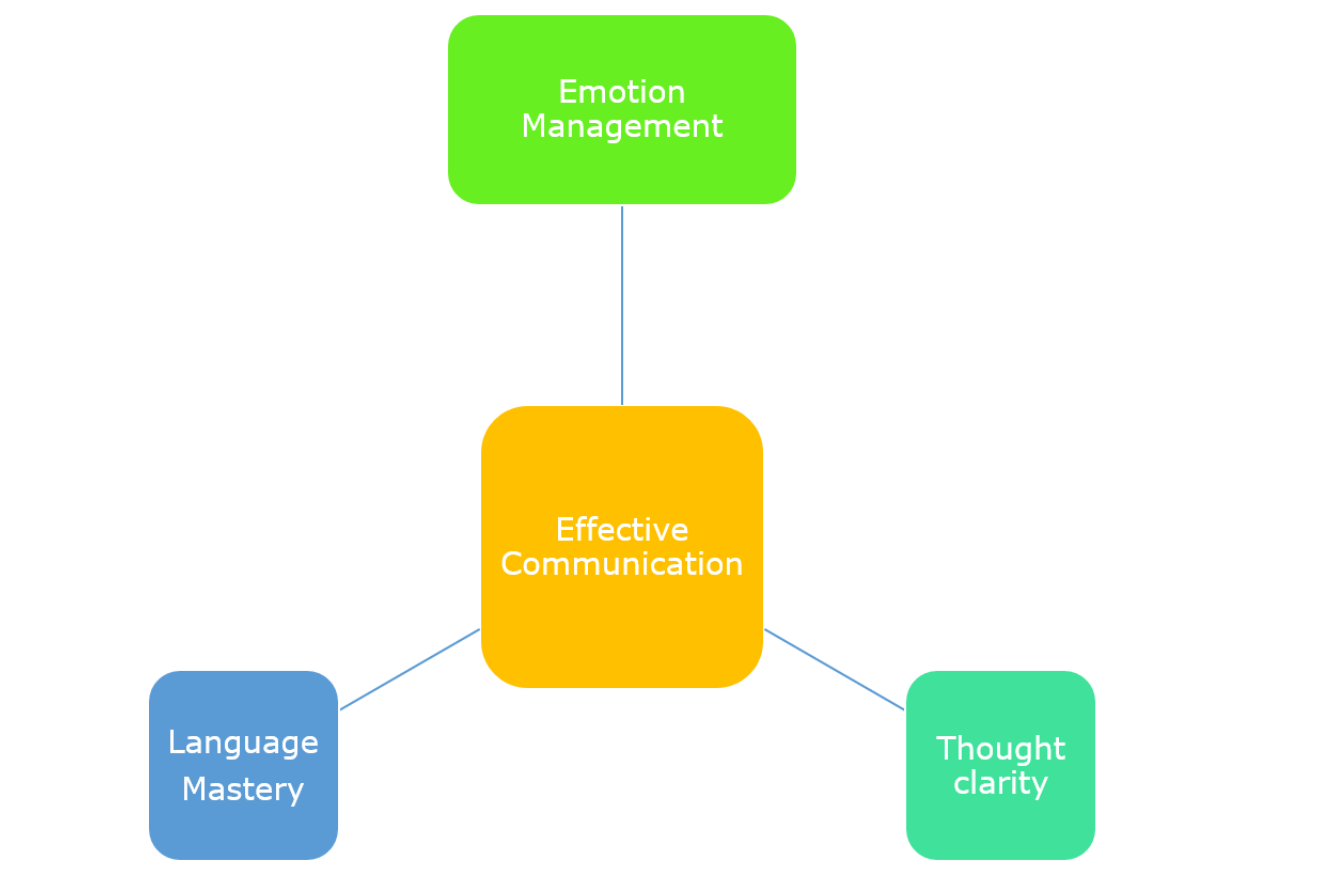Holistic Planning before execution
(Execution Excellence -"Ability to get things done" Series)
As we discuss the importance of developing project management skills to get things done in addition to functional expertise as we move up, 80 % of the tasks are non-repetitive or project nature. We may need to deal with many stakeholders who may not directly report to us.
We discussed the relevance of defining outcomes in the beginning and reduce the complexity into simplicity to get things done in the workplace.
The next principle of project management is “Holistic Planning before execution.”
This principle says that before execution, we need to spend quality time on all aspects of planning. The mental visualization of possible risks will help us to solve the problem quickly as we already planned for it.
Generally, we do the planning before venturing into any event or task. However, we are primarily trained to plan typically on cost or budget, timeline or schedule aspects, and scope or deliverables aspects only.Having done reasonable planning on time, cost, and scope, we get into execution, and then we realize some changes in scope, and again, we get into managing the cost and timeline aspects. In the process, either we become poor in execution or the purpose is not met.
There only, project management suggests holistic planning beyond schedule, budget, and scope. The planning calls for a 360-degree approach to the event or task as much as possible.
For example, when recruiting a senior person, you obviously go with the budget plan, timeline to close the recruitment process, job descriptions etc. Despite all the planning, the success of recruitment is not guaranteed. The reason is that we are not anticipating or visualizing other aspects related to recruitment beyond essential planning.
What are other factors to be planned before recruitment?
How are you going to search for the right people? (Procurement planning)
Who are all likely to get affected by the recruits, and what are their alternatives? (Stakeholder planning)
How do we communicate the new recruitments to all the employees? (Communication planning)
How does the organization structure change? (People planning)
What is the likely growth plan for the new recruit? (People planning)
How can we ensure the success of the new recruit in the first 100 days / one year in given organization dynamics? (Risk management planning)
What will happen if the new recruit fails or leaves the company quickly? (Risk mitigation planning)
You may note that this planning process goes beyond the budget/time/scope planning process, and this kind of visualization or planning process will likely lead to success…That is called holistic planning before the execution.
Holistic planning or visualization can be done for any simple daily task.
For example, you are making monthly presentation performance to your management team. In addition, with regular stuff or content, plan or think about who will be present in the meeting / what will be their likely questions / what may go wrong during presentations, and what is my plan B, etc.
Planning seems to be common sense; however, it needs to be holistic before execution, and looking at everything at 360 will give you an edge in getting things done.
This needs just awareness of our planning process before execution.
Have a great week ahead!



















